Being an Open Letter to:
Hs Excellency, President Muharmmadu Buhari,
His Excellency, Ahmad Lawan, President of the Senate,
The Honourable Minister of Finance, Mrs Zainab Ahmed
As organizations advocating for policy measures to tackle the health risks of consuming sugar-sweetened beverages, we applaud you on the implementation of the N10/litre excise tax on non-alcoholic, sweetened, carbonated beverages, and on the collection of taxes, Nonetheless, excise taxes offer the opportunity to which began in June 2022.
Owing to the health and economic harms of consuming sugar-sweetened beverages (SSB), more than 40 countries have implemented sugar-sweetened beverage taxes to raise prices and reduce the demand for them. Globally, the consumption of SSBs Is increasing in low-and middle-income countries, including Nigeria. Between 2007 and 2021, Nigeria recorded a growth in per-capital soft drink sales from 9ml to 14ml.
Concerned by the rising prevalence of non-communicable diseases (NCDs) in Nigeria and the effect it has on our healthcare systems, we are appealing to the Federal Government of Nigeria through the Ministry of Finance to increase the N10/ liter excise tax. The current rate must be raised to achieve a significant impact on SSB consumption increased consumption patterns and, ultimately, a decline in NCDs. While Nigeria’s N10/litre SSB tax served to raise awareness of the health risks associated with sugary beverages the price increase is not sufficiently high to lead to a change in consumption behaviour, Increasing taxes will improve the health impact of taxation. There is evidence to show that a tax that raises SSB prices by 20% can reduce consumption levels by up to 20%. There is an urgent need to raise SSB taxes, across all sugar-sweetened beverage categories to at least N30/ litre.
SSBs are high in refined sugar and contain no nutrition. Consuming them raises the risk of non-communicable disease, including type 2 diabetes, heart disease, high-blood pressure, stroke, and many cancers. Nigeria has the highest diabetes rates in Africa, and rising NCD rates continue to stretch the country’s underfunded healthcare system.
Today, more than 200 million Nigerians have only N826.9bn proposed in the 2022 budget for their healthcare, which amounts to a grossly inadequate 4,000 per person annually. This is an emergency. In Nigeria, out-of-pocket spending comprises over 70% of healthcare expenditure.
This means that when a serious, long-term illness strikes, even a middle-class Nigerian household can be left on the threshold of poverty. Imagine what this would mean for a low-income family. However, by raising prices, sugar-sweetened beverage taxes favour the poor: low-income groups are most likely to experience the benefits of reduced consumption by buying less.
Public health goals are best achieved by a multipronged approach, and we understand that SSBs taxes are just one approach in the toolbox of interventions to tacks NCDS and finance healthcare. Nonetheless, excise taxes offer the opportunity to provide revenue for specific health interventions and can contribute to progress towards universal healthcare, SSB taxes offer at least three clear wins: they can improve health by producing o shift In consumption behaviour and the consequent negative health effects; they can contribute critical revenue to finance an overburdened health system; and, in the long run, SSB taxes can reduce healthcare costs.
The beverage industry continues to make unsubstantiated arguments about the economic impact of the costs, meanwhile their profits continue to soar. The beverage, food and tobacco industry grew by 7.6% rapidly in H1-2022, compared to a 3.5% growth of the overall economy. Case in point, despite the taxes on alcoholic beverages, the companies recorded their highest ever operating profit fuelled by increased consumption. The price of a 0.33-hter bottle of soft drink costs on average 0.37$ in Nigeria: this is the 5th lowest globally. Assuming the parallel rate of N770/US$ is used, the price becomes the LOWEST globally. This means there is room for more taxes on these products. No government should put the profit of a few over the good of the majority.
Nigeria’s N10/litre excise tax is an unprecedented initiative, and its pro-health focus is a strong indication of your commitment to fiscal policy reforms that benefit Nigerian citizens and the nation as a whole. Through our advocacy, we will continue to support your ministry’s efforts to achieve health and economic prosperity for all Nigerians.
Signed
- Diabetes Association of Nigeria
- Nigerian Cancer Society
- Nutrition Society of Nigeria
- Project Pink Blue
- TalkHealth9ja
- Nigeria Health Watch
- Pharmaccess Foundation
- Heathcare Federation of Nigeria
- Bundies Care Support Initiative
- Red PoPaz
- University College Ibadan
- ONE Campaign
- Corporate Accountability and Public Participation Africa
- SSB Tax Coalition
 Lagos, NG • GMT +1
Lagos, NG • GMT +1











 623 views
623 views



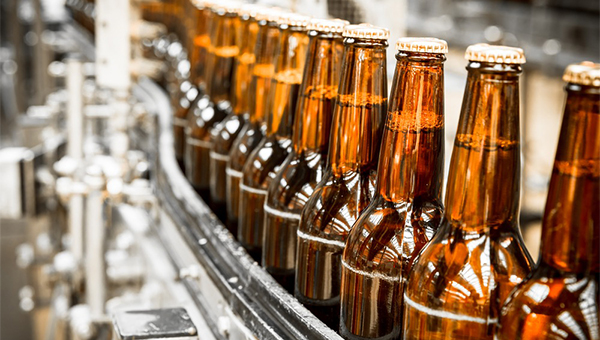
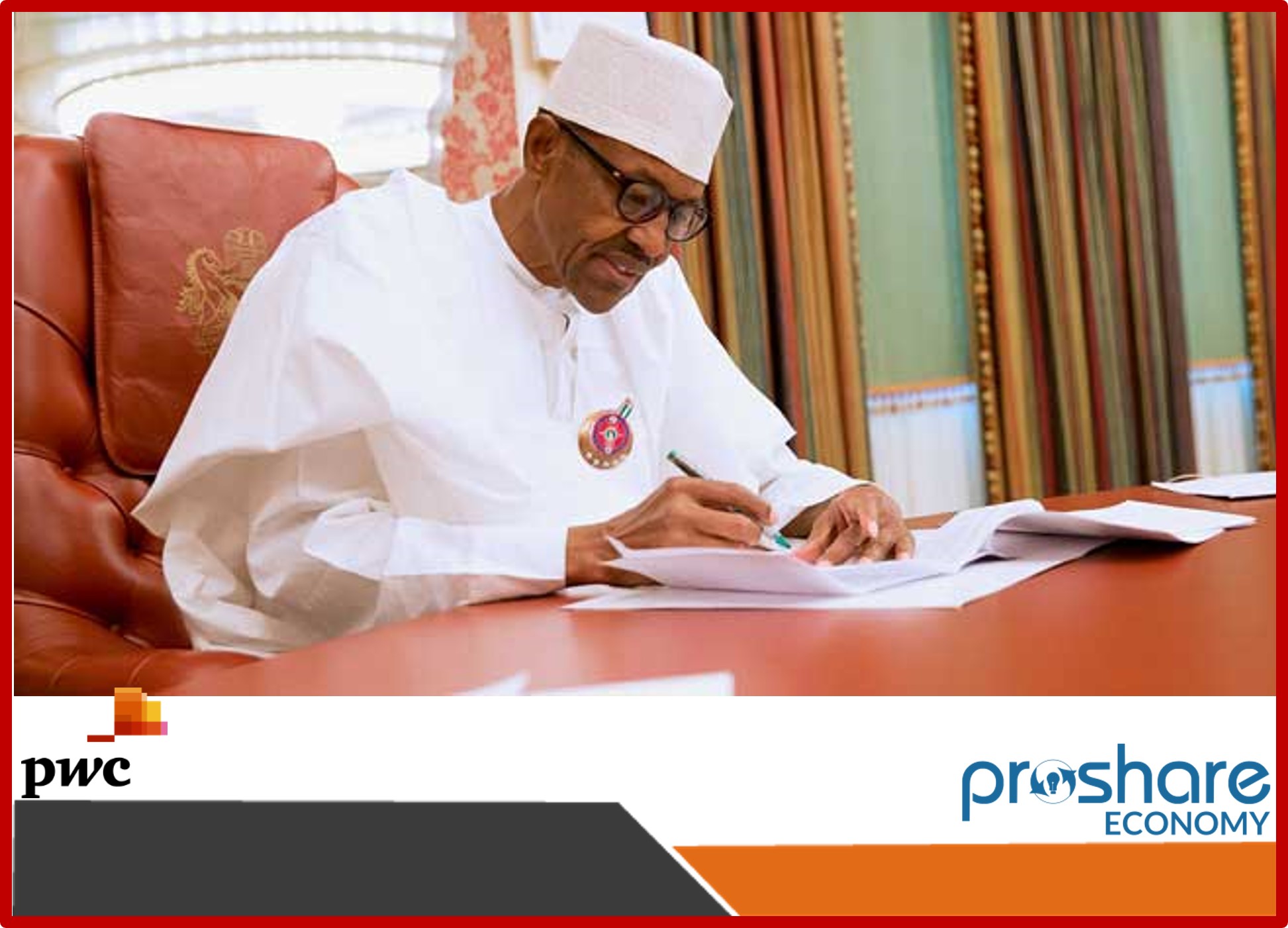
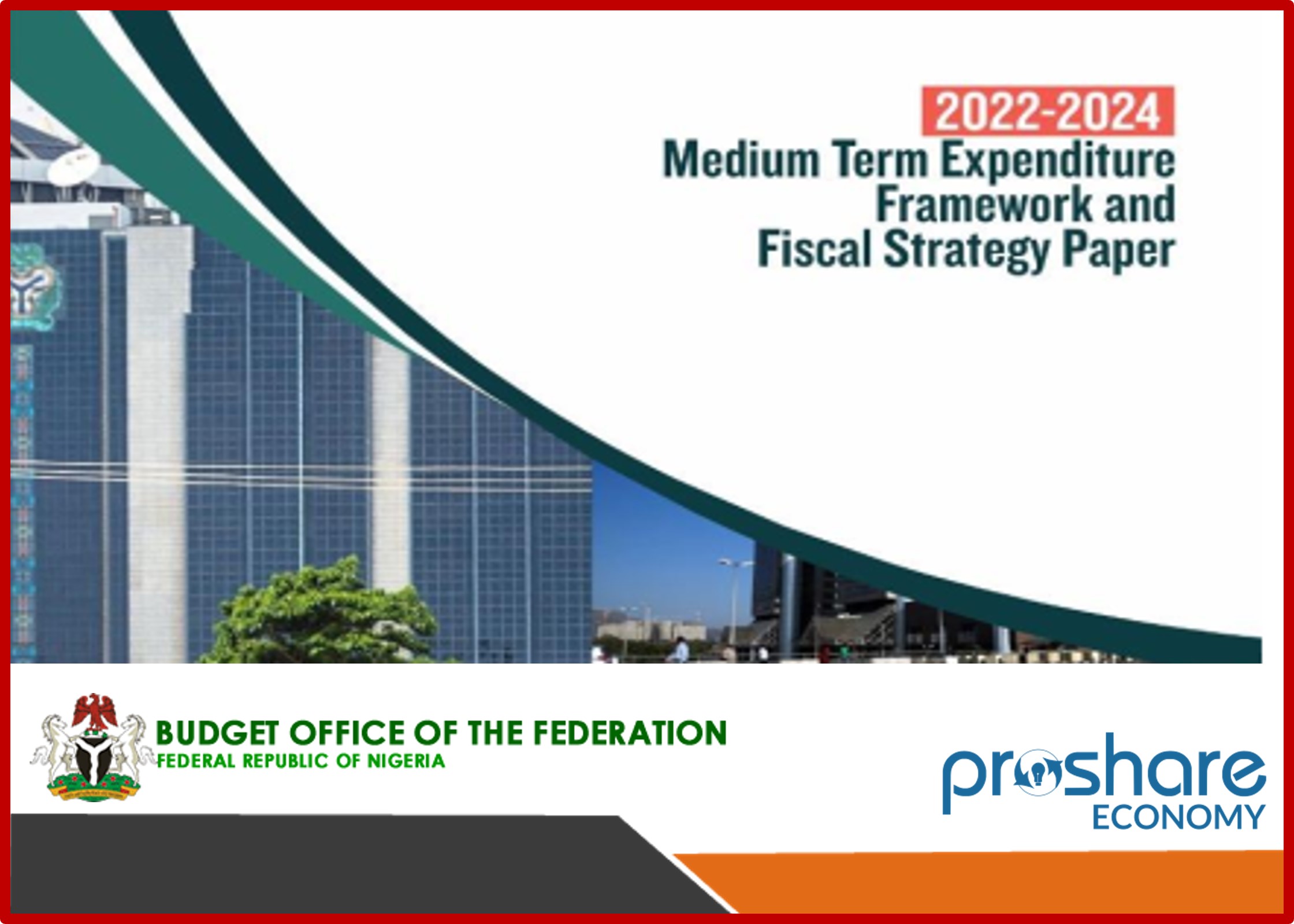

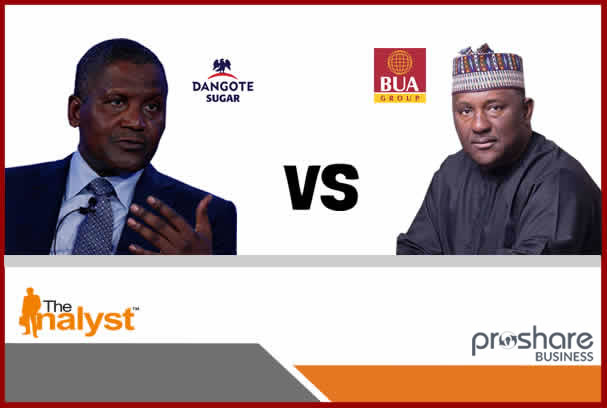
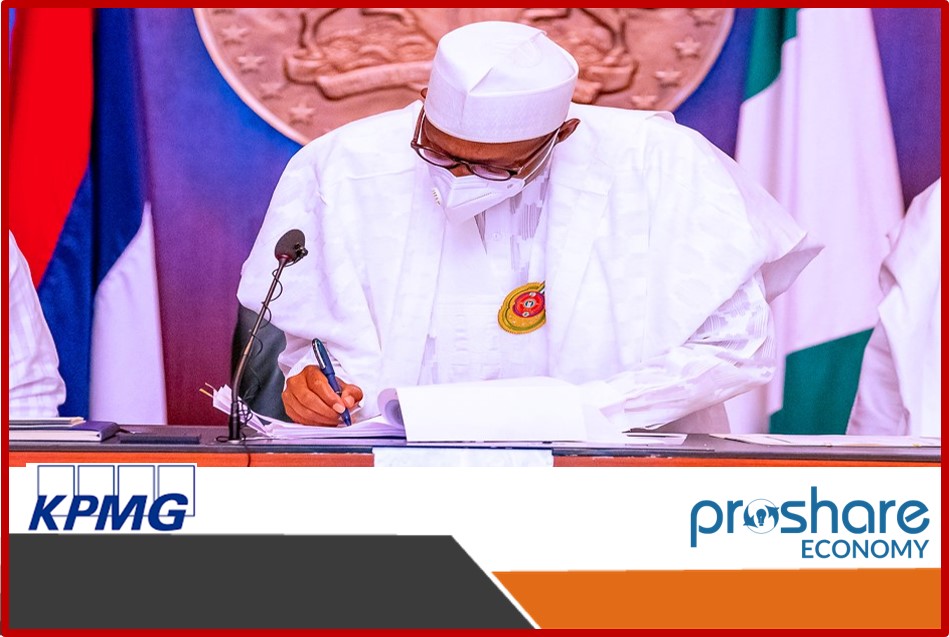
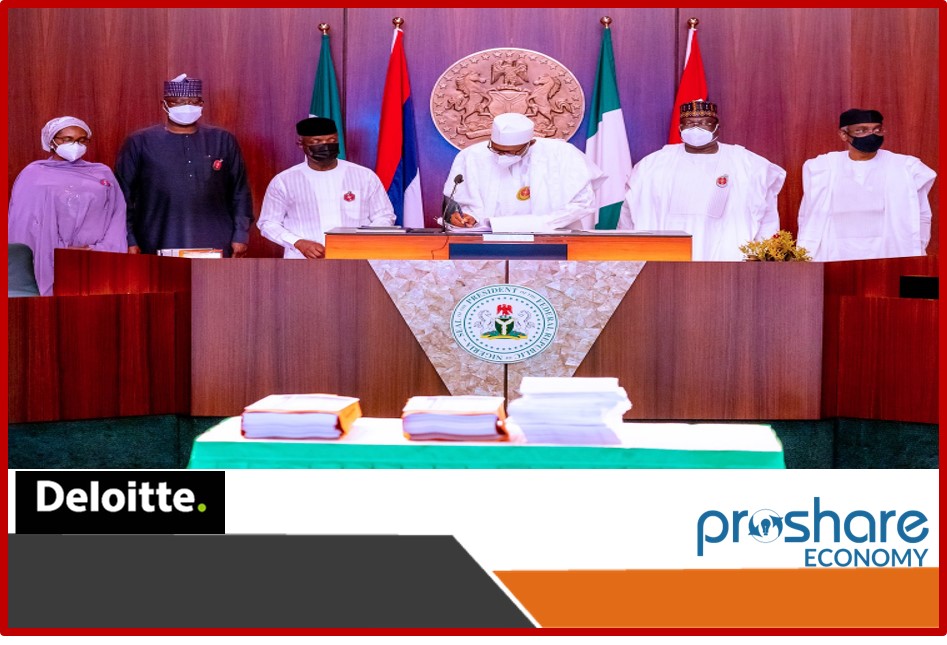
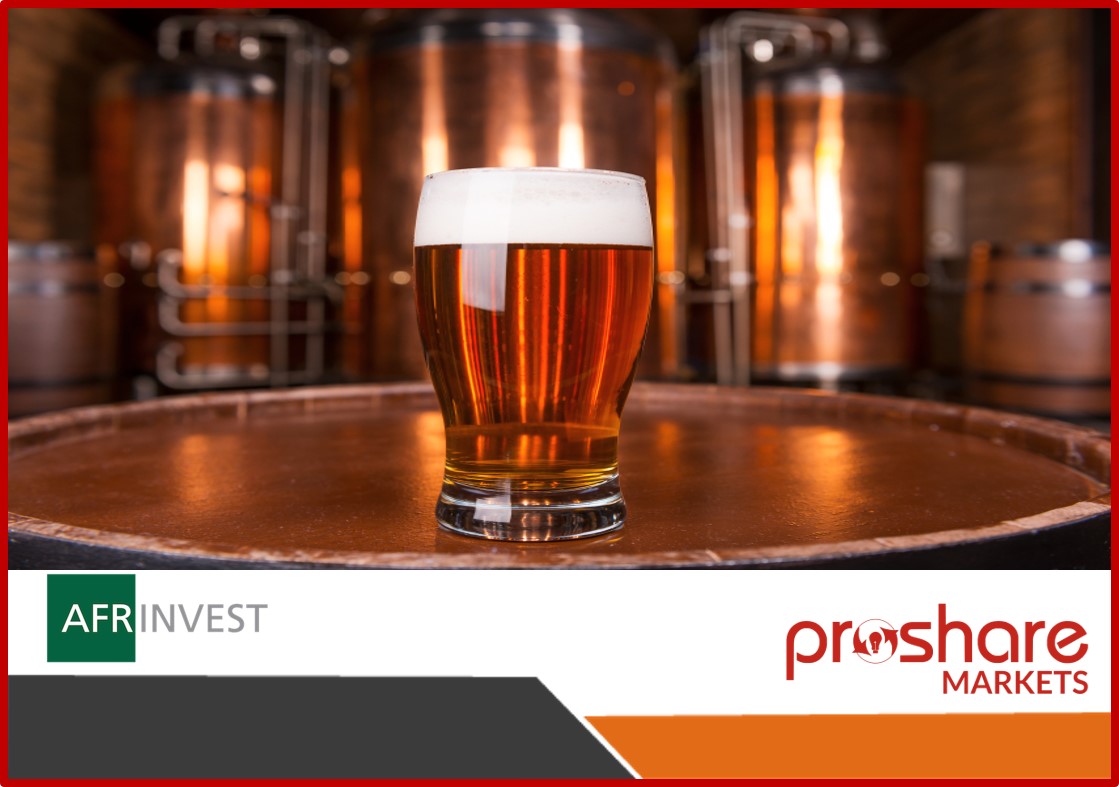
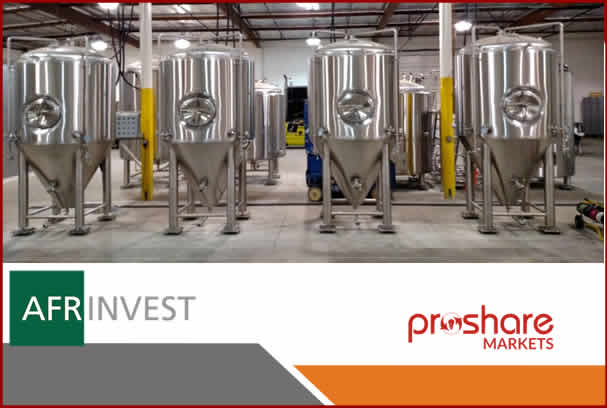
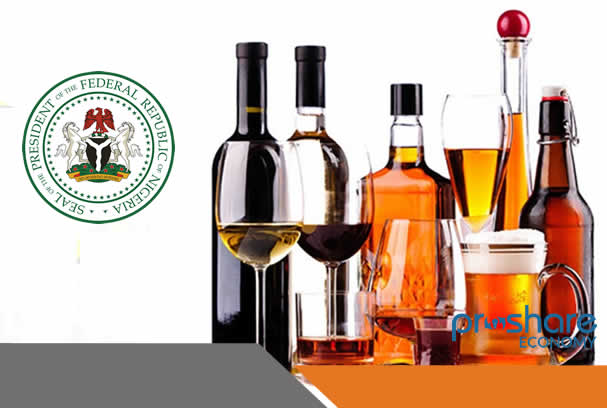
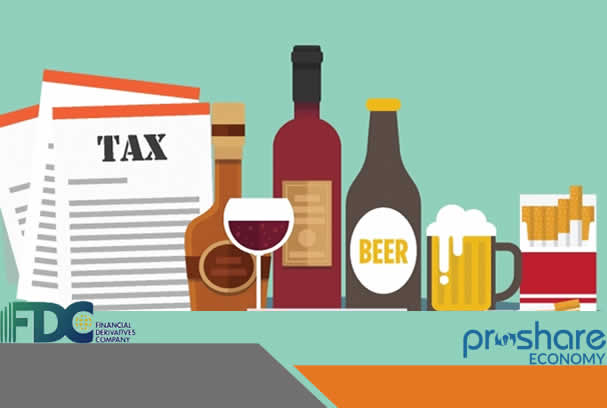
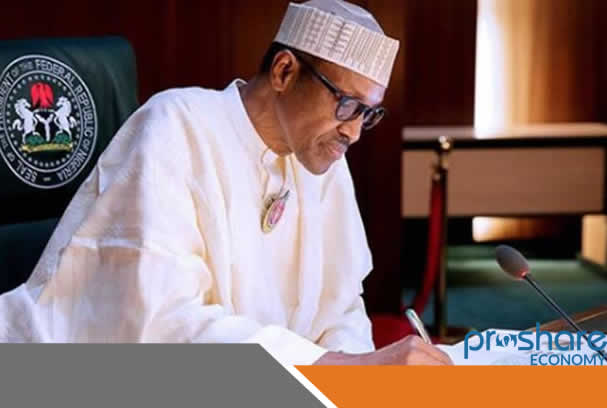
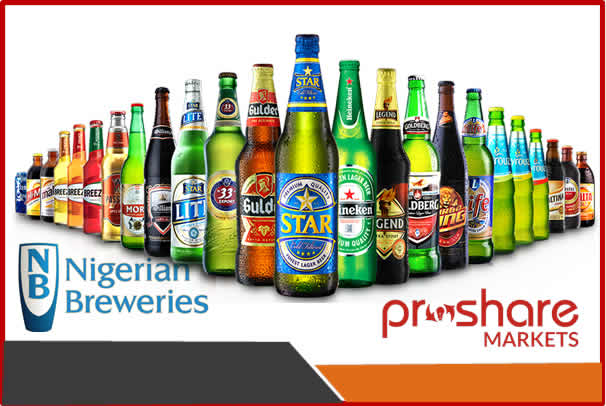
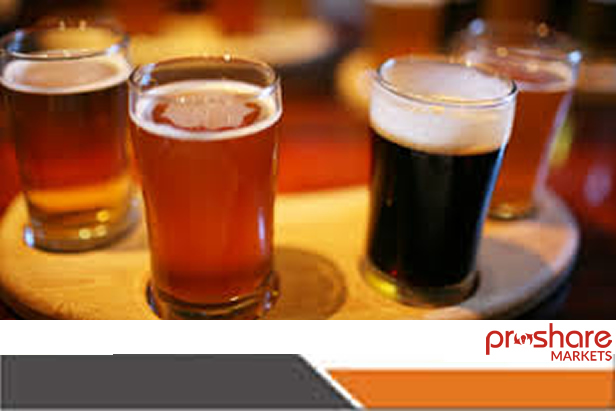
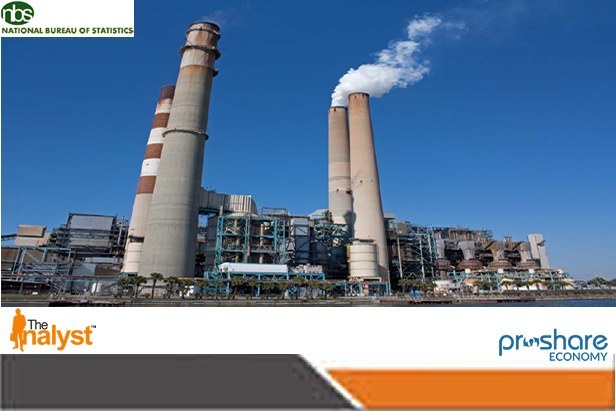
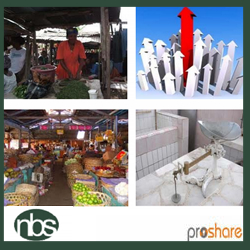
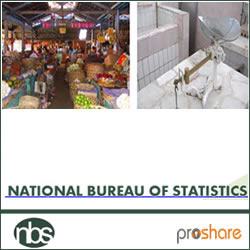
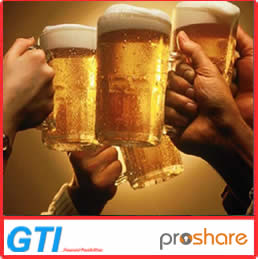
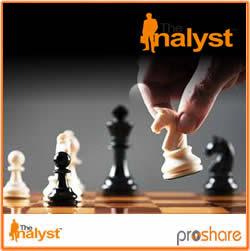
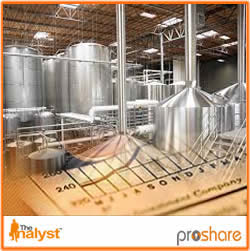





 Sponsored Ad
Sponsored Ad
 Advertise with Us
Advertise with Us









